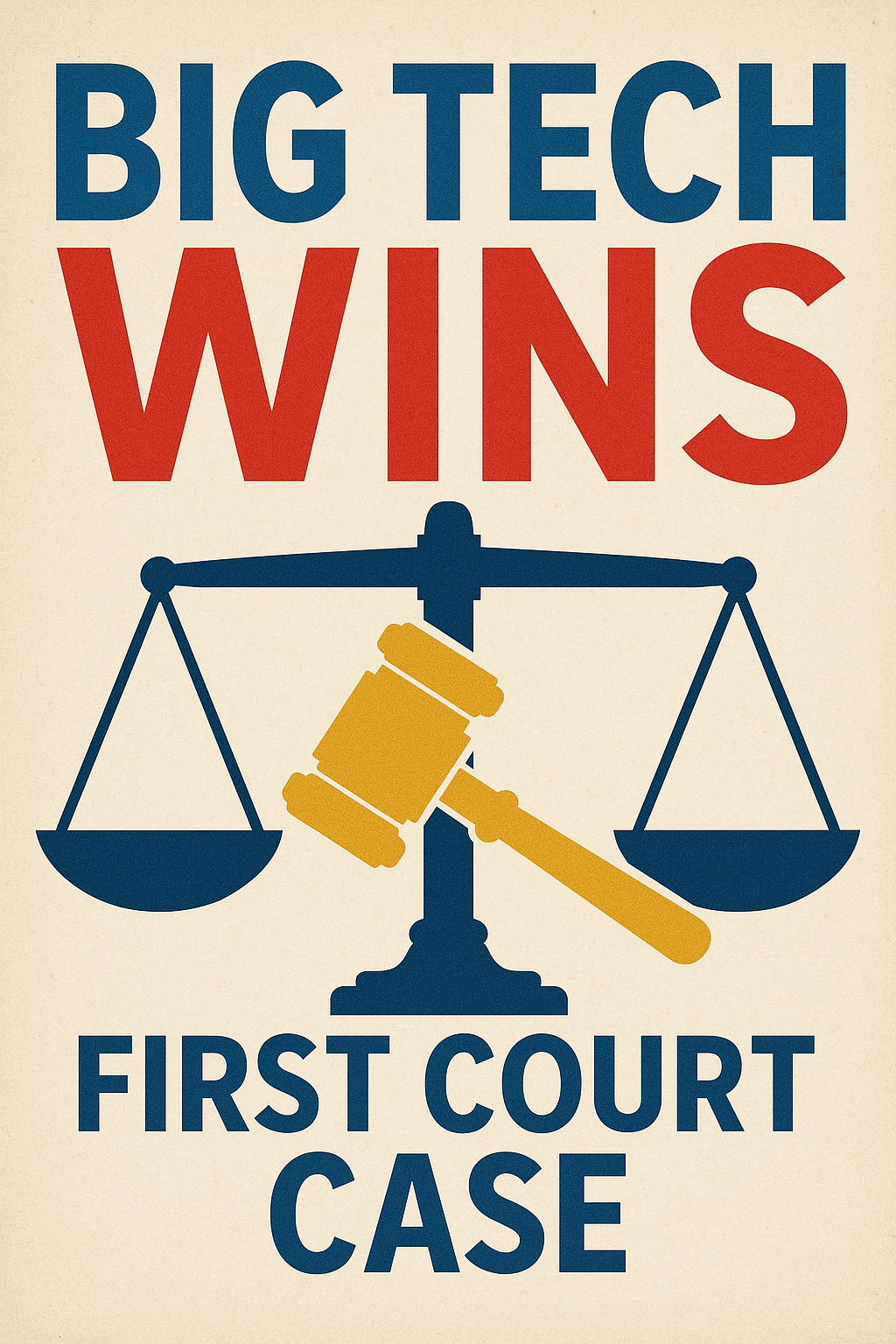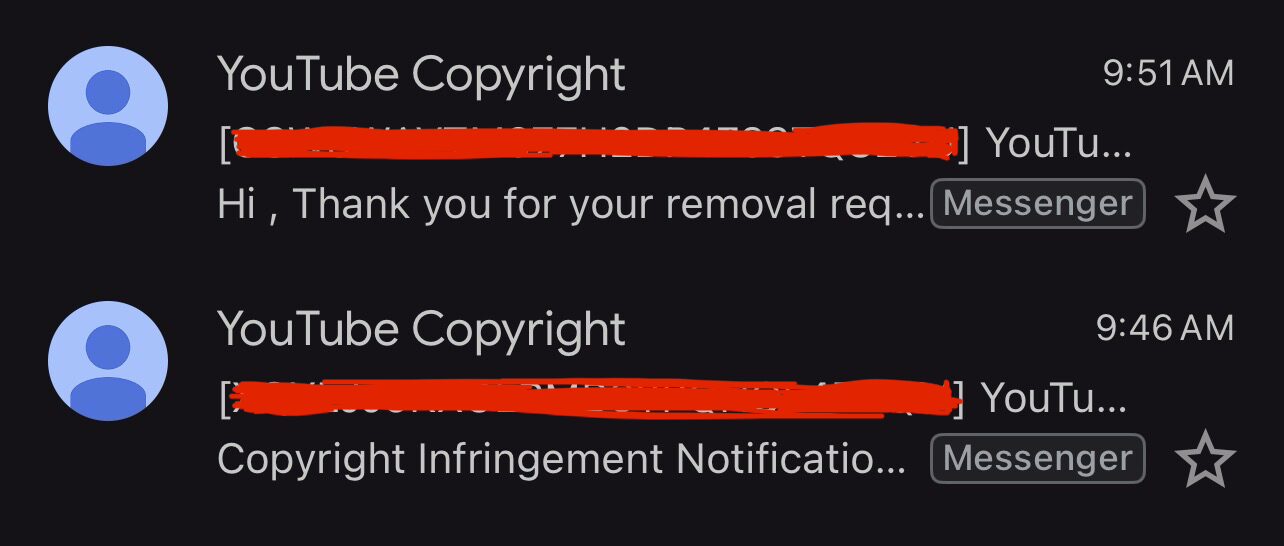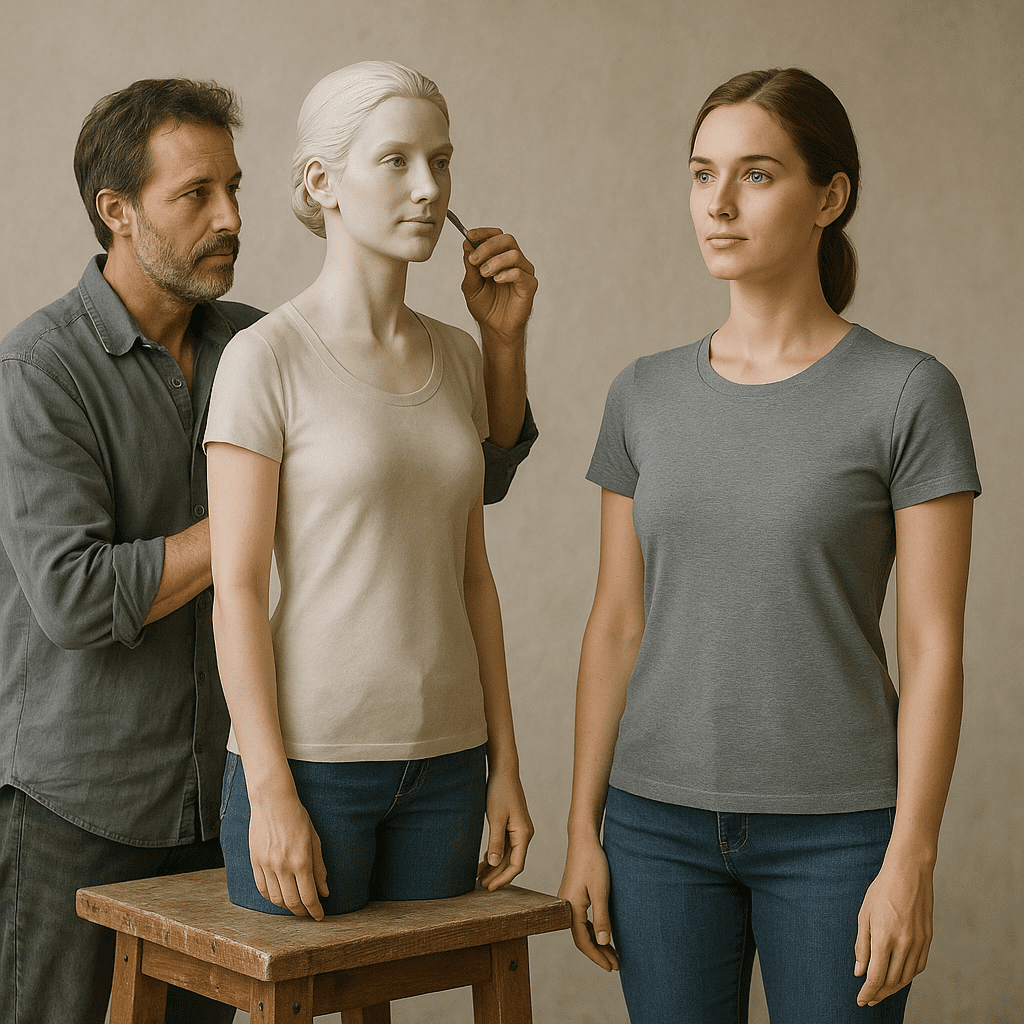BloombergLaw.com highlights the partial win that Meta and Anthropic had in court fighting off copyright infringement in their article “Big Tech Wins in Copyright Cases Come With Strings Attached“. The biggest takeaway is that in both cases the judges “agreed that Meta Platforms Inc. and Anthropic PBC’s use of the authors’ books to train LLMs hadn’t crossed the line of fair use”. What does that mean? Well, it is nuanced. What some take away is that LLMs can train on copyrighted work, done and done. But it is not that simple.
In one case, the plaintiffs did not claim the LLM’s output created competition with their own works, just that their works being used to train the LLM was illegal. The second case, the judge lays out, very very clearly, how to argue “market dilution” as a means of damaging the copyright holders’ works’ value. And in both cases, none of the copyright holders claimed the LLM was outputting their own works (which is not true of the New York Times’s case nor the claim by music publishers of regurgitated song lyrics). But they did both (wrongly in our opinion) decide that the act of training on copyrighted works without permission was not infringement. However …
How they got the copyrighted works is part of the nuance. Downloading via torrents has a possible two-fold copyright infringement damages claim — those are defined illegal infringement routes.
Now to Market Dilution — the idea that endless AI generated copycat works would both devalue human works and create less motivation for human works to be funded is one that was not argued but was outlined by one of the judges in this case. The nuance of these cases is that we all know that AI Slop will destroy the market, but how to legally argue it so that you win a court case is a much debated subject.
PS Featured AI image “an image that advertises Big tech winning the first court case” brought to you by generic clipart and lack of human creativity. <sigh> this is where we are headed.


